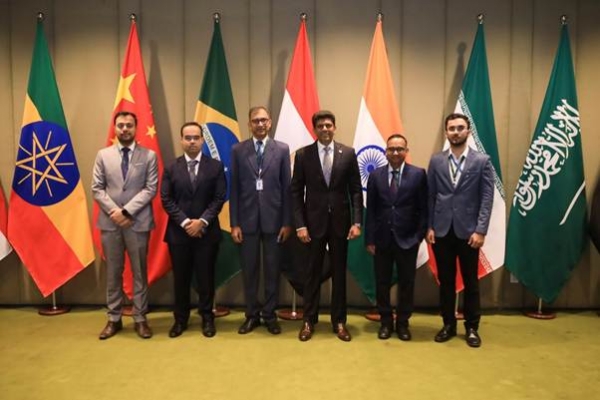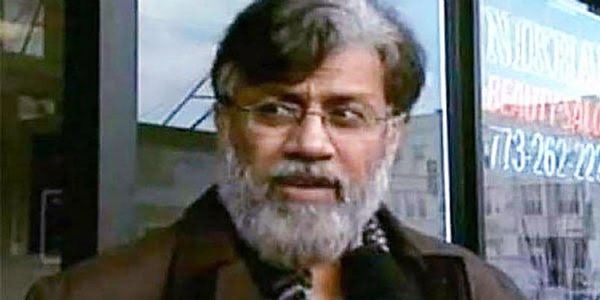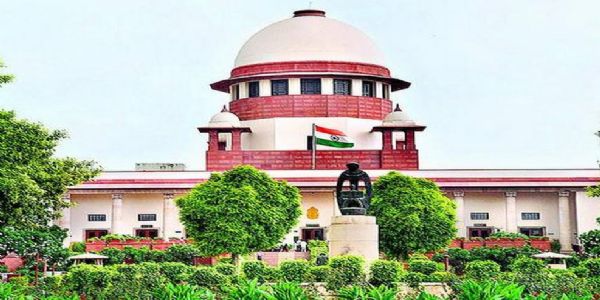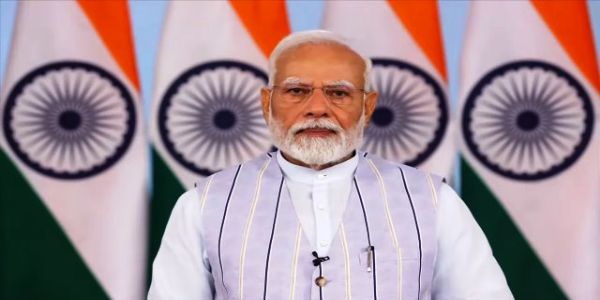
Delhi, 3 June (H.S.): India emphasized its dedication to inclusive and sustainable digital development at the 11th BRICS Communications Ministers’ Meeting in Brasília, Brazil. Dr. Pemmasani Chandra Sekhar, Minister of State for Communications and Rural Development, represented India, promoting the nation’s priorities in line with Brazil’s BRICS presidency theme focused on connectivity and sustainability. He showcased India’s Digital Public Infrastructure (DPI) as a global standard for transformative governance, highlighting initiatives like Aadhaar, which provides a secure digital identity to over 950 million citizens, and the Unified Payments Interface (UPI), responsible for 46% of global digital transactions. Dr. Sekhar attributed this progress to Prime Minister Narendra Modi’s leadership, building a resilient digital ecosystem that inspires other nations.
He urged BRICS countries to enhance collaboration in utilizing digital infrastructure for inclusive growth. India's DPI model, based on open platforms, is pivotal for financial inclusion and innovation, while promoting fair practices. He also outlined India’s thriving startup culture, digital skills initiatives, and protective legislation, emphasizing user trust and safety.
The Sanchar Saathi initiative against telecom fraud was mentioned, advocating for better BRICS cooperation in cybersecurity. Dr. Sekhar underscored India's digital evolution, from addressing the digital divide to digital leadership, highlighting projects like BharatNet, and the country’s lead in accessible data rates, with 4G and 5G connectivity reaching vast populations.
Dr. Chandra Sekhar emphasized that space is now crucial to modern digital infrastructure, highlighting India’s reforms in SATCOM regulations and licensing for mobile and IoT satellite services. He urged BRICS nations to spearhead discussions on orbital equity, spectrum governance, and space traffic management, advocating for collaborative approaches to shared resources.
On environmental sustainability, he pointed out the significant climate and e-waste challenges linked to digital growth, referencing alarming estimates from the Global E-Waste Monitor predicting 82 billion kilograms of e-waste by 2030. India's initiatives, notably the Green Development Pact from the G20 Summit and the Panchamrit commitments from COP-26, demonstrate leadership in this area. Dr. Sekhar urged BRICS countries to adopt circular economy practices, integrate green energy in ICT, and back global initiatives like the ITU’s Green Digital Action.
While welcoming the Final Declaration, he praised the collaborative nature of BRICS and the contributions of its expanded membership. He reiterated that BRICS is more than a platform; it is a collective aiming for digital equity and resilience, noting Brazil’s leadership in the Declaration. His model aims for transformation based on equitable and inclusive principles. He concluded by inviting BRICS nations to the 12th BRICS Communications Ministers’ Meeting in India in 2026, reaffirming the commitment to a shared vision of global digital cooperation.
---------------
Hindusthan Samachar / Jun Sarkar







